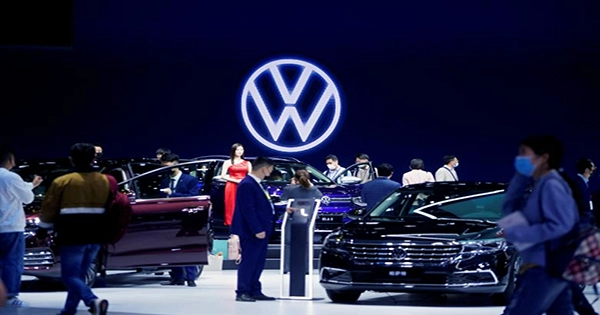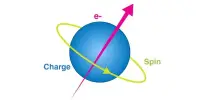The autonomous driving industry may be witnessing the union of two heavyweights. According to Germany’s Manager Magazin, Volkswagen is in discussions with Huawei to buy the latter’s embryonic autonomous driving unit for billions of dollars. When approached by TechCrunch, Huawei stated it had no immediate response. VW China has declined to respond. The resulting merging will be extremely strong. Huawei’s autonomous unit is part of the company’s “smart vehicle solution” business unit, which was launched in 2019.
The establishment of the smart car BU sparked widespread discussion about whether Huawei would develop its own automobiles, while the company has constantly denied such aspirations, claiming instead that it aims to be the “Bosch of China,” or a component supplier for car manufacturers.
At least so far, Huawei appears to have stuck to this policy. Last year, the Shenzhen-based firm demonstrated automated driving solutions that were preloaded in a mass-produced sedan from Arcfox, a new electric car brand owned by Chinese carmaker BAIC. The microprocessor and in-car operating system for the electric sedan were provided by Huawei.
This might help Volkswagen, a tech company with autonomous driving capabilities, achieve its ambitions to create the vehicles of the future. Indeed, the German behemoth has teamed up with Argo AI, a Pittsburg-based startup financed by Ford and Volkswagen. The first product of the duo’s collaboration, a self-driving electric van, was unveiled in September.
It should come as no surprise that VW is looking for a similar tech partner in China, which will be its largest market by 2020. Baidu has a joint partnership with Geely, and Didi has a joint venture with BYD, among other Chinese autonomous vehicle businesses.
Huawei’s AV team is in a precarious position as a result of the alleged acquisition. Su Jing, the former head of Huawei’s autonomous driving product, left the business in January after making “inappropriate comments” about Tesla, accusing Autopilot of “killing people,” according to Huawei.
The Huawei veteran’s next move has been the subject of much conjecture since his resignation. What we do know is that Su despises robotaxis. “Any firm that sees robotaxis as its ultimate commercial goal is doomed,” the outspoken executive stated in an interview last year. The people that work on passenger cars will be the ones who will be able to deliver robotaxis. That market will undoubtedly be mine, but not just yet.”
The cost of acquiring Huawei’s autonomous driving company will be high. For the year 2021, the company’s smart car division planned to spend a total of $1 billion on research and development. It also wanted to develop a 5,000-person R&D team, with almost 2,000 of them focusing only on autonomous driving. Why would Huawei, which has already invested extensively in smart driving and has a growing client base, throw this promising business away?
















